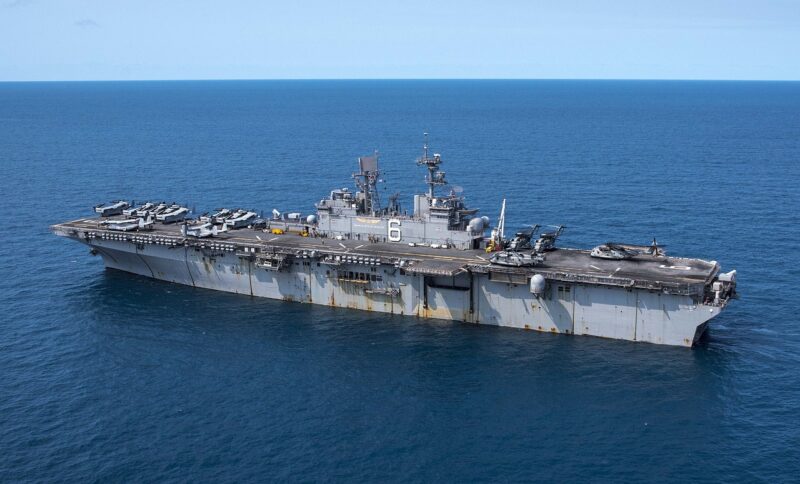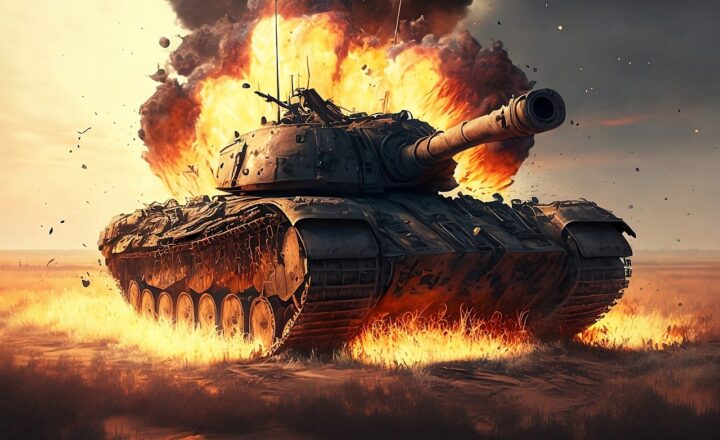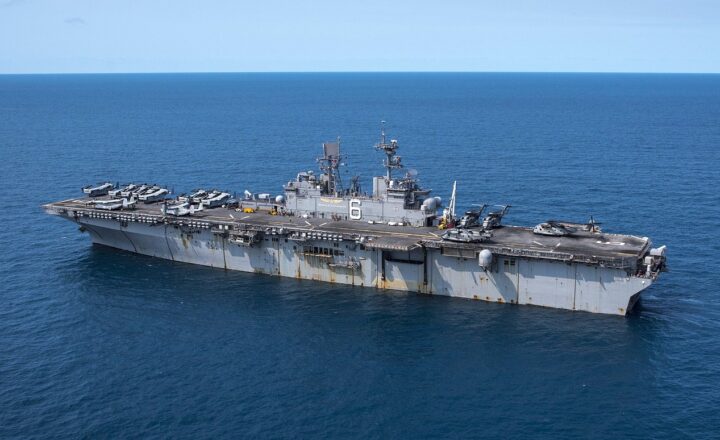The Role of Naval Power in Historical and Modern Military Conflicts
November 16, 2024

Naval power has played a pivotal role in shaping the course of military conflicts throughout history. From the ancient fleets of Egypt to the modern navies of today, the influence of sea power cannot be overstated. In this comprehensive article, we will delve deeply into the essence of naval power, examining its historical significance, its evolution through the ages, and its critical importance in contemporary military strategies.
1. Understanding Naval Power: Definition and Importance
Naval power refers to the capacity of a nation to defend itself and project its influence through its naval forces. This encompasses a country’s fleet of ships, submarines, aircraft carriers, and their capabilities. Historically, a strong navy has been synonymous with a nation’s ability to protect trade routes, enforce maritime law, and deter or engage enemy forces.
**Key Justifications for the Importance of Naval Power:**
- Control of Trade Routes: Nations rely on the sea for trade and resources; thus, control over maritime routes can dictate economic dominance.
- Force Projection: Navies allow countries to deploy their military forces globally, responding rapidly to emerging threats.
- Deterrence: A robust naval presence can deter potential adversaries from initiating conflicts, thereby maintaining peace through strength.
- Humanitarian Missions: Modern navies also play crucial roles in disaster response and humanitarian missions, showcasing soft power and international goodwill.
The role of naval power is not only an indicator of military strength but also serves as a foundation for national security in a globalized world.
2. Historical Examples of Naval Power in Conflict
Naval warfare has influenced many pivotal historical moments. Here are some significant examples that illustrate this:
**Ancient Naval Battles**:
- Battle of Salamis (480 BC): This decisive Greek victory over the Persian navy demonstrated the effectiveness of a smaller, more maneuverable fleet and set the stage for Greek dominance in the Mediterranean.
- Punic Wars (264-146 BC): The Roman Empire’s development of a powerful navy allowed it to fend off Carthaginian challenges and ultimately secure control over the Mediterranean trade routes.
**Middle Ages to Early Modern Era**:
- The Spanish Armada (1588): Spain’s attempt to invade England highlighted the significance of naval tactics and technology. The defeat of the Armada marked a turning point in naval warfare and the rise of England as a naval power.
- Naval Blockades in the American Civil War: The Union Navy’s blockade of Southern ports was crucial in crippling the Confederate economy and contributed significantly to the eventual defeat of the Confederacy.
**20th Century to Present**:
- World War II Naval Power: The efficacy of aircraft carriers, submarines, and naval strategies was vividly displayed during WWII, particularly in battles such as Midway and the Atlantic convoys.
- Cold War Naval Strategies: The naval arms race and the development of nuclear submarines reflected the ongoing rivalry between superpowers, emphasizing the role of sea power in projecting national strength.
These historical incidents illustrate how naval power has often determined the fate of nations and shaped global politics.
3. The Evolution of Naval Power in Modern Conflicts
In recent decades, the role of naval power continues to evolve due to technological advancements and changing geopolitical landscapes. Let us explore this evolution:
**Technological Advancements**:
- Stealth Technology: Modern naval vessels incorporate stealth features that make them harder to detect, enabling strategic advantages in combat scenarios.
- Drones and Automation: The integration of drones in naval operations maximizes reconnaissance capabilities, reducing human risk and enhancing operational efficiency.
- Cyber Warfare: Cyber threats now extend to naval conflicts, with operations against command and control systems becoming a significant concern for modern navies.
**Changing Warfare Paradigms**:
- Hybrid Warfare: Modern naval conflicts often feature a combination of conventional and unconventional strategies, such as piracy, terrorism, and information warfare, leading to complex challenges for naval forces.
- Regional Conflicts and Controversies: The South China Sea territorial disputes demonstrate the modern relevance of naval power in asserting national claims and influencing geopolitical dynamics.
**Global Naval Presence**:
The modern navy’s ability to deploy quickly to remote locations globally showcases its critical role in humanitarian missions and crisis response in an interconnected world.
4. Case Studies: Naval Power in Action
To better understand how naval power influences military conflicts, let’s analyze a couple of case studies:
**The Gulf War (1990-1991):**
The United States and coalition forces utilized overwhelming naval power to enforce a maritime blockade against Iraq. The Navy played an essential role in air operations from aircraft carriers, ensuring air superiority while deterring further aggression from Saddam Hussein’s regime.
**The 2011 Intervention in Libya:**
The operation included naval forces that conducted strikes against Gaddafi’s military targets from offshore, providing timely support to the rebel forces. Naval power allowed for rapid response and minimized boots on the ground.
These examples illustrate the effectiveness of naval capabilities in not only winning battles but also achieving overall strategic goals without excessive ground troop deployment.
5. The Future of Naval Power
As we look forward, several trends suggest the role of naval power will continue to be of paramount importance:
**Increased Investment in Navies:**
Countries like China and India are ramping up their naval capabilities, recognizing that economic status must align with maritime power to secure interests on the global stage.
**Greater Focus on Cybersecurity:**
Naval forces will need to enhance cybersecurity measures to secure lines of communication and operational capabilities in increasingly technology-driven conflicts.
**Sustainability in Naval Operations:**
The drive for environmentally friendly naval operations is on the rise, with innovations such as hybrid vessels and sustainable fuels becoming trends in modern naval strategies.
**Conclusion:**
The significance of naval power in historical and modern military conflicts is undeniable. From its roots in ancient warfare to its evolution in today’s technologically advanced landscape, naval forces have shaped the course of history by influencing economies, deterring aggression, and supporting humanitarian efforts. Understanding its implications and preparing for future challenges will be vital for any nation aspiring to maintain its place in global power dynamics.
Naval power will continue to be integral to national security, shaping geopolitical landscapes and ensuring that nations can effectively project their influence across the globe. In an increasingly interconnected world, the role of the navy as both a protector and influencer will remain crucial as we advance into the future.








